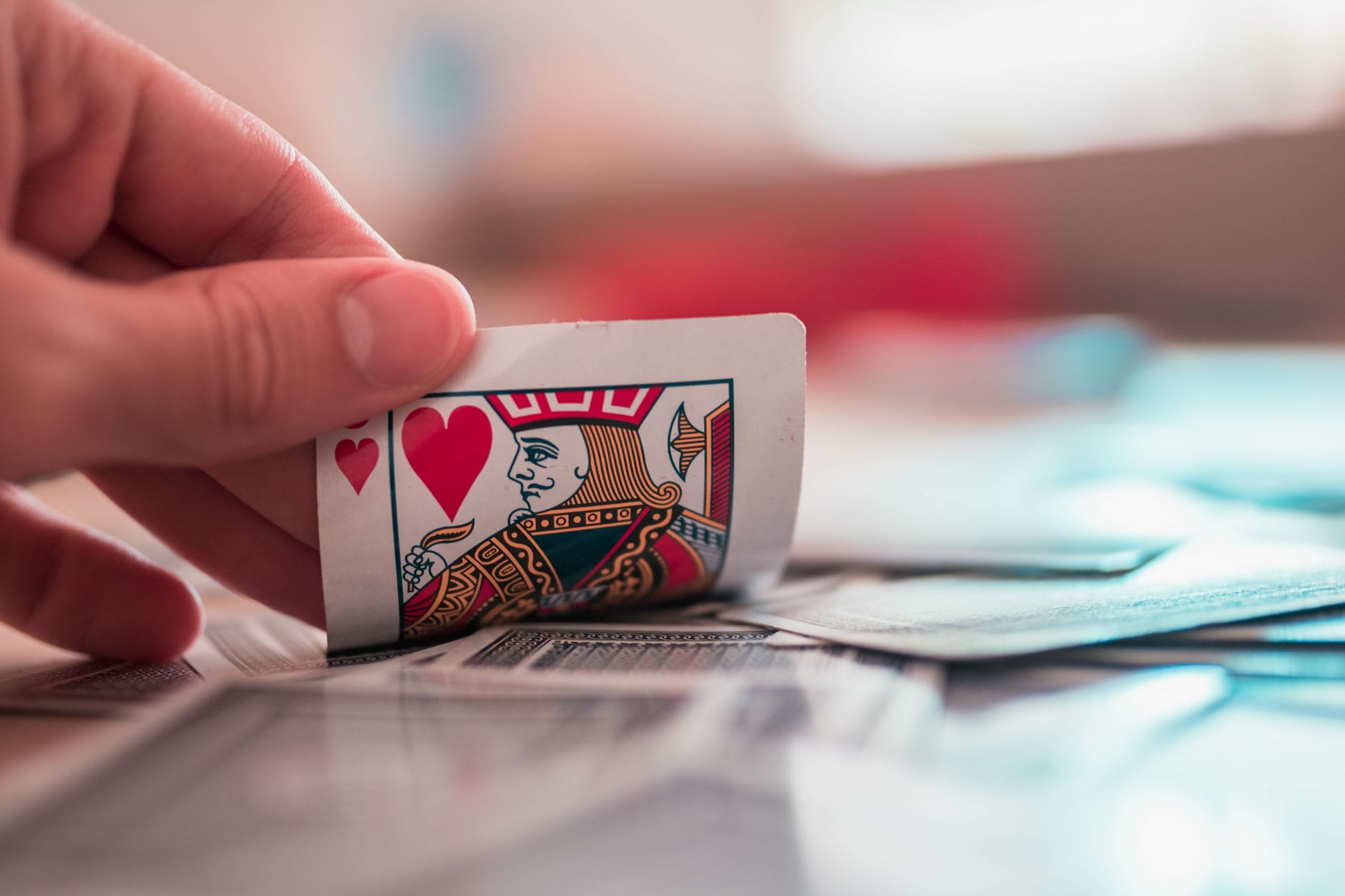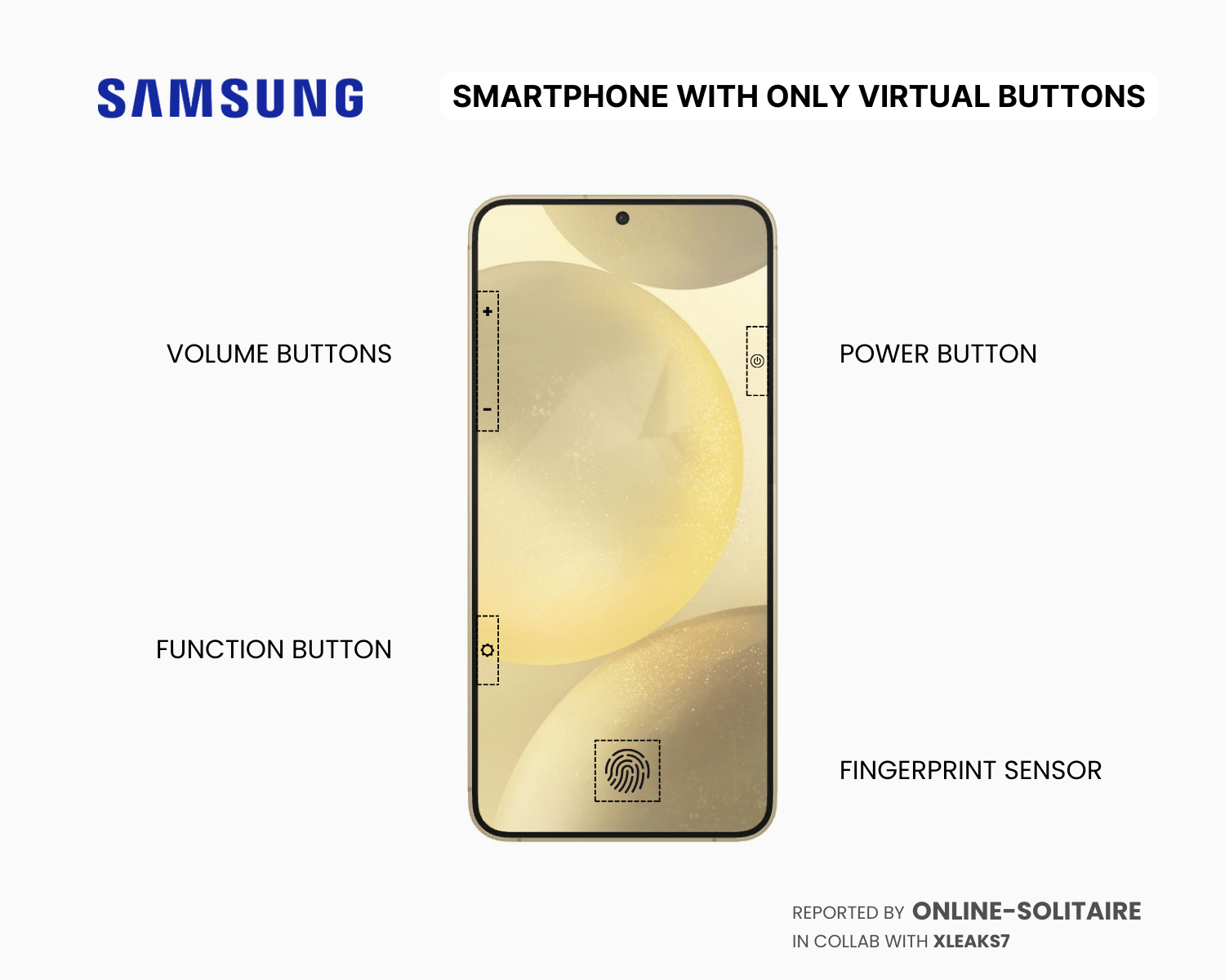How Online Games Can Be Used for Virtual Team Building Activities

Since remote work became a norm, employees have enjoyed multiple benefits like work-life balance, intrinsic motivation, and higher flexibility. But it’s also brought several challenges, such as fractured team dynamics and a lack of unity.
With globally dispersed teams, trying traditional team-building activities seems pointless.
Enter online games.
These digital platforms are brilliant avenues for entertainment and virtual team building. Based on a survey of our active players, we found that teams report 20% more productivity after playing online games than traditional team-building exercises.
So, we’re sharing how to use online games for virtual team-building activities.
The New Frontier: Virtual Team Building
With rapid digitalization and the pandemic, traditional workplaces have expanded beyond office walls. The advent of remote work allows limitless possibilities, such as scheduling flexibility and global collaboration. But scattered teams come with challenges, primarily centering around fostering a deeper connection and team cohesion.
Creating sustained team spirit is now a non-negotiable since 52% of employees feel ‘less connected’ to their peers. This lack of connection leads to professional repercussions like reduced engagement and personal issues like loneliness and isolation.
It means only one thing — we must focus on deliberate team-building.
Most HR personnel opt for typical team-building activities such as icebreakers, team lunches, and trivia. But virtual team-building calls for more innovative approaches. Why? Traditional activities are great for a momentary respite from work but fail to create lasting professional bonds that boost teamwork.
To design an immersive experience that overrides monotonous work schedules, remote teams must try online gaming. They offer an active and participatory platform for our teams to collaborate, strategize, and overcome challenges collectively.
The reason it works is because we humans fundamentally crave connection and achievement. Online gaming provides both.
Instead of icebreaker questions like– “What did you do this weekend?”, we can work towards a shared purpose in online games.
Gaming and the Brain: More Than Just Fun
Online gaming helps us build lasting connections outside of our screens. Apart from being absolute fun, they create long-lasting bonds, cultivate trust, and make collaboration second nature.
In her TED talk, Jane McGonigal, a game designer, shares that Gaming can make a better world, how we need to spend 21 billion hours a week collectively instead of the 3 billion hours at the time. She emphasizes how it can help us solve real-world problems while nurturing vital collaboration and problem-solving skills. It also builds optimism (like in the picture above). Her insights aren’t simply her opinions, they are rooted in research.
Neurologically, gaming activates brain regions associated with learning, motivation, and reward, stimulating the release of dopamine, the “feel-good” neurotransmitter. This cocktail of neural activity drives engagement, weaving connections that transcend virtual and geographical divides between teams.
The magic lies in the specificity of these neural connections.
Gamers strategizing fosters a deeper sense of trust and teamwork, even if their teammates are miles apart. The brain, remarkable in its adaptability, learns to recognize each team member's strengths and contributions, laying the foundation for a cohesive unit.
Cognitive functions
Gaming benefits
Problem-solving
Engages players in intricate puzzles and challenges, honing analytical thinking and adaptive problem-solving skills.
Trust building
Collaborative gameplay demands reliance on teammates, fostering trust and camaraderie as individuals work cohesively towards goals.
Communication
In-game strategizing and teamwork need effective communication, enhancing players' ability to convey ideas and listen actively.
When diverse minds collaboratively tackle challenges, the resulting neural fireworks create meaningful impressions. These impressions – this neural roadmap – serve as a bridge, linking remote team members in ways that emails and conference calls could never imitate.
The Universal Appeal of Solitaire and Its Impact on Mental Health
Most games these days are high-octane, but there is still a straightforward classic that people across generations can play — Solitaire.
With its foundation rooted in strategy, this timeless game engages minds since we have to explore possibilities and carefully consider each move. It requires patience and a problem-solving mindset.
Solitaire also successfully builds bonds by bridging the generational gap. Besides that, Solitaire and its other versions like Spider and Freecell, allow mental relaxation by relieving stress. It puts you in a light state of relaxation while improving your memory, focus, and mood.
Lucas from Seattle remembers playing solitaire with his grandparents. During a challenging phase in his remote job, he introduced the game to his colleagues during a virtual team gathering. It became a bonding moment, and many teammates also felt a sense of nostalgia and emotional relief reminiscent of simpler times.
So, considering its positive impact on people’s mental health, it’s wise to introduce it as a channel for team-building activities at work.
Beyond Solitaire: Other Games for Team Building
Solitaire is a classic game that may get monotonous if played repeatedly as a team-building activity. However, there are universally recognized games that you can introduce to improve team bonding:
Chess
Chess is synonymous with strategic thinking and blurs all geographical boundaries with approximately 605 million people playing it worldwide. Here, we need to tactically move forward while anticipating our opponent’s moves — much like navigating teamwork and solving problems. It also tests adaptability. Finally, it drastically improves critical thinking which is needed for almost all roles.
Scrabble
Scrabble successfully fuses language and strategy to create an engaging experience. It demands a strong vocabulary and quick thinking to succeed. With a heavy reliance on communication, Scrabble can be exactly what teams need to forge a strong bond.
Mahjong
Originally from China, Mahjong personifies shared heritage and collaboration. This tile-based game requires serious strategy and camaraderie to excel. While we make moves individually, collective progress acts as a mirror to understand team dynamics.
This 4-player game is extremely popular in East and Southeast Asian countries and is also spreading to the Western countries with over 600 million people playing it globally.
Other classic games that stand the test of boundaries and are perfect for strategic thinking, communication, and bonding are:
- Charades
- Bridge
- Catan
- Escape rooms
- Quiz Up
Implementing Gaming in Team Activities
Introducing the spirit of teamwork over simply winning a game is crucial to make any team-building activity a success. So, to successfully host Solitaire championships at work, we must follow these steps:
- Set guidelines that emphasize enjoyment over competition
- Maintain a lighthearted atmosphere
- Reiterate that the goal is camaraderie, not stress
- Shuffle team members
- Encourage cross-functional team interactions
Ensure these remain the ground rules for all team-building activities, not only Solitaire.
Bridging the Physical Gap: Online Gaming in a Digital Age
Geographical boundaries between team members can inadvertently foster disconnection and communication barriers. In fact, 37% of remote employees feel “left out” as compared to their on-site colleagues. Here, online games like Solitaire act as the antidote.
They act as platforms for teammates to overcome shared challenges and achieve goals that build long-term bonds. Further, collaborative play helps teams improve their strategic and critical thinking skills. It also fosters empathy while simultaneously improving how teams communicate.
Conclusion
The power of online gaming can be a foundation of connection for modern, globally dispersed teams. It not only provides endless entertainment, but it also improves our cognitive faculties. Gaming also strengthens neural connections leading to trust, collaboration, and enhanced teamwork.
Introduce online gaming for major team-building activities to transform remote teams into cohesive unit. When employees share these experiences and insights, peers become a community where engagement is at the forefront.




